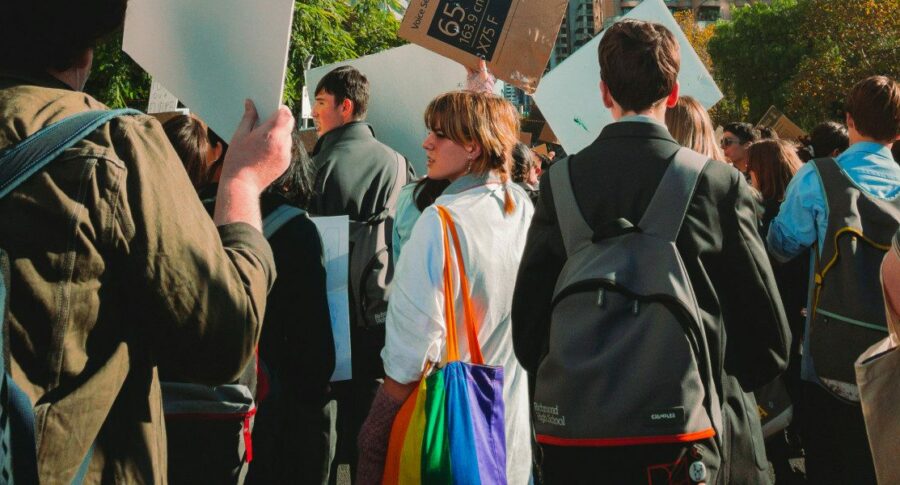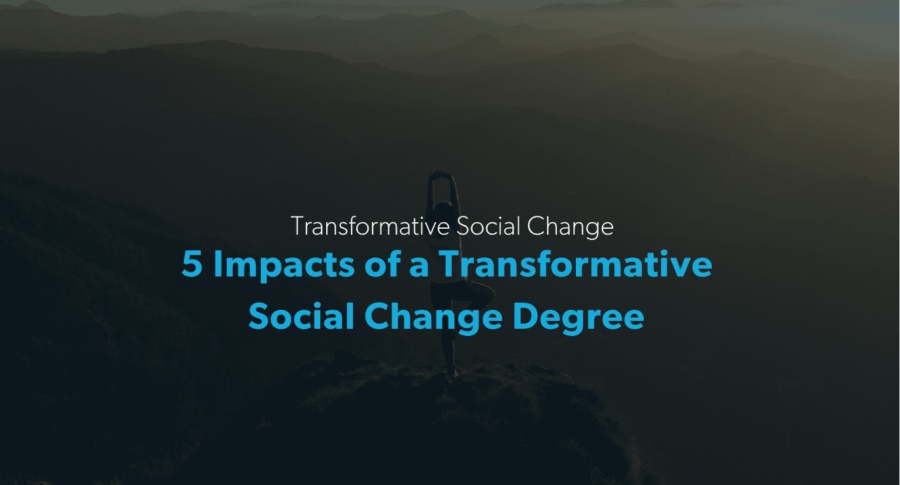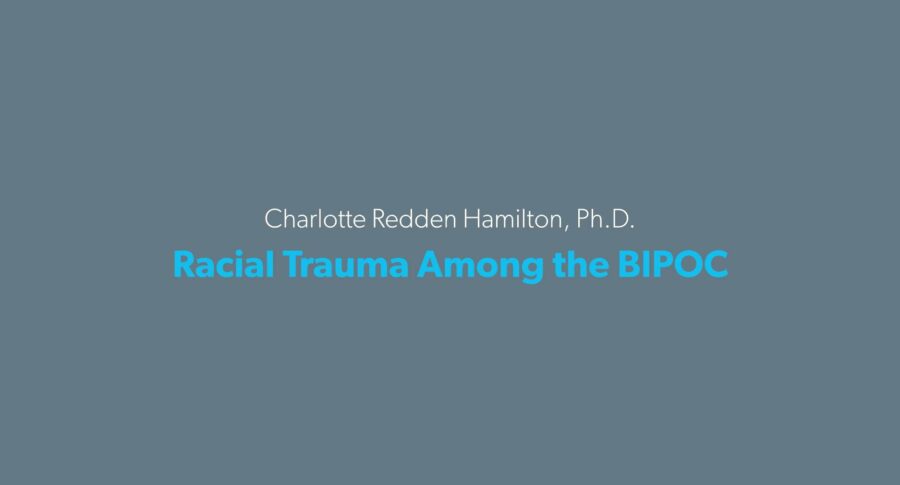Saybrook instructor and documentary impact producer Toni Bell has found inspiration for her work in her family’s commitment to voting rights.
Film documentaries have long been an important medium for bringing attention to societal issues in fresh and engaging ways. Saybrook instructor Toni Bell, who teaches in the Transformative Social Change program, is a documentary impact producer who has throughout her life been surrounded by family who have demonstrated the power of the individual committed in communal action, even under dangerous circumstances.
Bell was born and raised in Georgia, one generation removed from Jim Crow. Her grandparents were sharecroppers. Her grandfather studied the Constitution so that he wouldn’t get tripped up by the white poll workers who would try to exclude Black voters by quizzing them on arcane details of U.S. history.
“My grandfather would test me on the Constitution and other political things at an early age,” Bell says. “It used to get on my nerves.” However, she came to appreciate his determination when she turned 17.
“When I got my voter registration card, he looked at it, and it was one of a few times I saw him tear up,” Bell recalls. “He believed in the promise of America, but he also wanted me to understand the reality of this country.” She once asked him why Congress didn’t make the Voting Rights Act permanent. He said, "Because they want to be able to take it away when they can."
With this background, it is not surprising that a lot of Bell’s work as an impact producer focuses on the intersection of politics and race.
In fact, the first documentary she worked on, 2011’s “Bridging the Divide: Tom Bradley and the Politics of Race,” is about the first Black mayor of Los Angeles. Her first role on the film was as production assistant and she eventually became the project’s archival researcher. More recently she was an impact consultant on a two-episode docuseries, “And She Could Be Next,” which follows the campaign of Stacey Abrams in her first run for governor of Georgia and Rashida Tlaib’s successful run for Congress in Michigan.
As a documentary impact producer, Bell’s goal is to put her films in front of groups that filmmakers want to inspire to action.
Of course, most filmmakers who make a documentary on a topic of social importance are hoping to make an impact, but Bell explains that impact producing centers around clearly defined goals for action. For example, for the “And She Could Be Next” impact campaign, there was a page on the film’s website called “Join the Movement” where viewers of the film could sign up for several possible actions, including hosting a screening, registering people to vote, or spreading the word about ways in which voters of color are being purged from voter registration rolls.
For several years, Bell worked at the International Documentary Association, which is based in Los Angeles. In addition to overseeing donor funding through fiscal sponsorship, she advised filmmakers in all aspects of the filmmaking process, from development to distribution. Through this work she learned about Doc Society, a nonprofit organization based in the United Kingdom that created the Impact Toolkit that walks documentary filmmakers through the necessary steps to create an impact campaign.
Deciding that she wanted to put theory into practice, she began working closely with Ari Mercedes of Looky Look Pictures, an impact film production company. Bell went on to facilitate workshops with Doc Society for committed documentary makers in Philadelphia, Texas, and Puerto Rico. Since then she has independently facilitated impact campaign workshops with filmmakers in Egypt and the Sudan.
For all the financial challenges faced and the hard work necessary, to produce, market, and distribute documentary films on a shoestring budget, Bell has found something in her work as an impact producer that is often lacking in even the big-budget documentary production companies.
“What I really appreciate about the impact campaigns that I've worked on is that there's always been a really close relationship between the filmmaker and the film participant,” Bell says. “That's not really considered normal in the documentary space.”
Bell believes this departure from the professional distance exhibited by most documentarians reflects the fact that impact filmmakers and the film participants are rooted in their communities and are the ones who have the solutions for the problems they were motivated to address.
“A lot of times they don’t have the capacity or the funds or the needed support to make those solutions happen,” Bell points out. “That’s where the impact campaign can add support and fuel to what those community groups on the ground are actively trying to do.”
For more information about the programs at Saybrook University, please fill out the form below.



























